Lebanon went to the polls in the midst of the worst economic, social and health crisis since the birth of the Lebanese Republic. The parliamentary elections on Sunday 15 May, in fact, were held in a climate of protests and general discontent. It would be simplistic to say that the Lebanese people feel anger at the management of politics; our collaborators in Lebanon tell us about men and women on the verge of despair.
This vote for the renewal of the Parliament is for voters the first since the protests of autumn 2019, aimed at denouncing the political class, unable to guarantee economic and social well-being to the population.
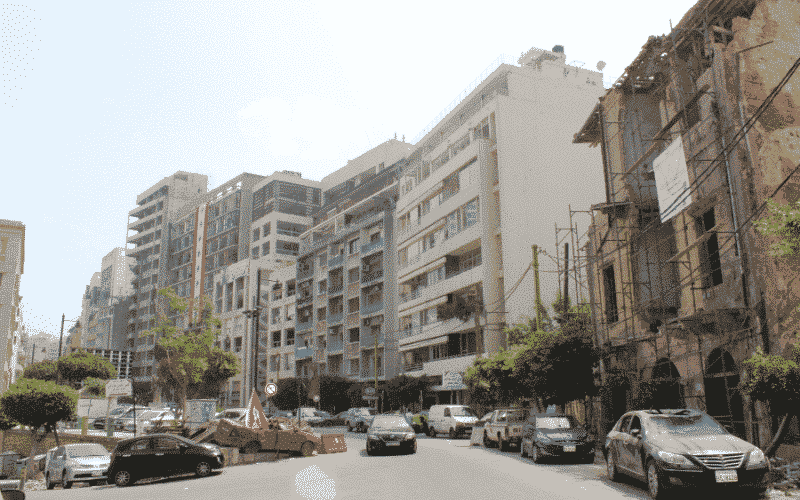
The explosion at the port
The general discontent also concerns the devastating explosion at the port of Beirut on August 4, 2020, which caused the death of more than 240 people and left thousands injured.
International observers' opinion, therefore, is that these elections are truly crucial for the future of the country after years of a series of dramatic crises.
Young people are mainly calling for real change, almost all of whom are unemployed and have no future prospects.
The data speak for themselves: in three years the Lebanese pound has lost 90% of its value and, according to the United Nations, more than 70% of the population lives below the poverty line.
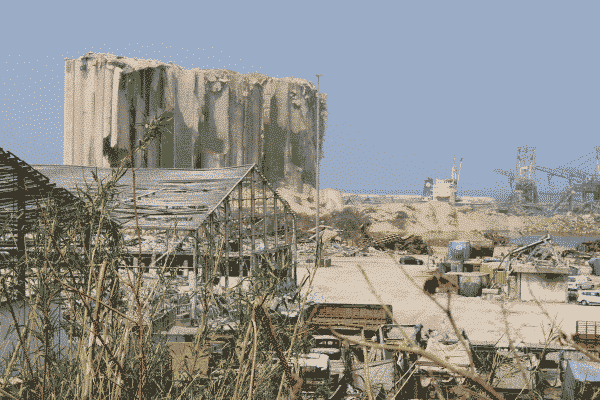
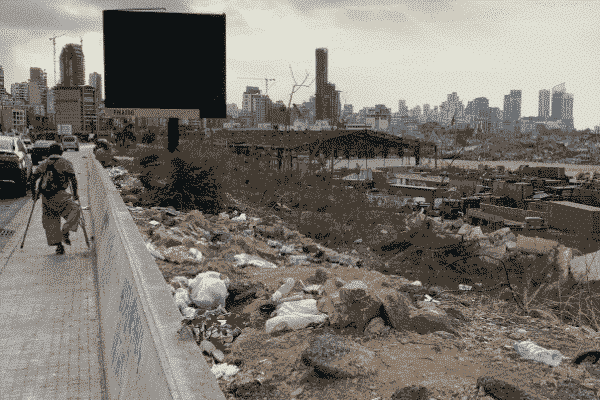
Parliamentary elections between challenges and hopes
The polling stations of the legislative elections closed on Sunday at 19:00, Beirut time (18:00 in Italy, ed). From the first, slow, results stand out a series of defeats for Hezbollah's allies, whose majority is at risk.
This is an important fact, because in 2018 it was the radical Shiite armed group Hezbollah, close to Iran, that won the elections and enjoyed some success.
However, the very serious economic crisis, the disastrous management of the port and the inability to propose correct solutions to the population, could have a decidedly penalizing effect on the movement.
In addition, there are more than two million internally and externally displaced people in Lebanon, mostly Syrians.
The uniqueness of the Lebanese political system
For this reason, the 2022 parliamentary elections have different characteristics from those of previous years. First of all, it is important to underline that the Lebanese political system is so sui generis that it is almost impossible to attribute blame or responsibility to a single group.
According to the Constitution, in fact, the President of the Republic must always be a Maronite Christian; the Prime Minister a Sunni Muslim and the Speaker of Parliament to a Shiite. The Chamber is divided equally between Christians and Muslims. Today the President of the Republic is Michel Aoun, prime minister Saad Hariri and the President of Parliament is Nabih Berri.
This division is often read as a forced cohabitation between the exponents of the various religious communities. An important novelty that determines the difference of these parliamentary elections, in fact, is the desire of voters to put an end to the sectarian division of power and lead to a more general change of the corrupt and incapable political elite.
If we add to these reasons the still open wound of the explosion at the port of Beirut, it is not surprising that dozens of parties and movements born from the protests of the last three years have been formed for these elections. The goal is the same for everyone: the regeneration of the Lebanese political class.
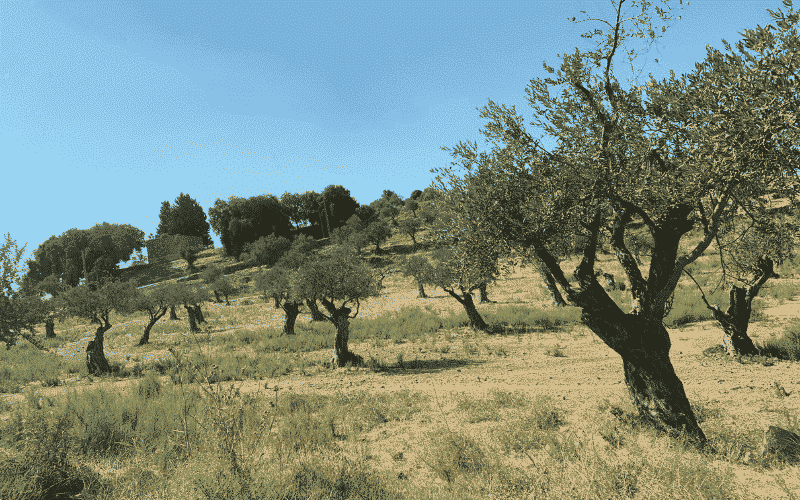
The great presence of independent lists
Another big news of this election is Prime Minister Saad Hariri's announcement of his retirement from politics. As a result, his Movement of the Future would not show up. Hariri has been for years one of the most important figures of reference of the Sunni Muslim community that could now suffer a power vacuum.
Moreover, there are more than 100 independent lists that have presented themselves in these elections and there has been a significant increase in total candidates: 718, about 23% more than in the last elections of 2018.
On the evening of Sunday, May 15, the Lebanese Ministry of the Interior announced that the turnout was 41%, but the vote of the Lebanese residing abroad, which are very many, is still missing. According to the United Nations, emigration in one year grew by 446%, reaching almost 80,000 people. This figure is alarming if we bear in mind that in Lebanon the inhabitants are less than seven million.
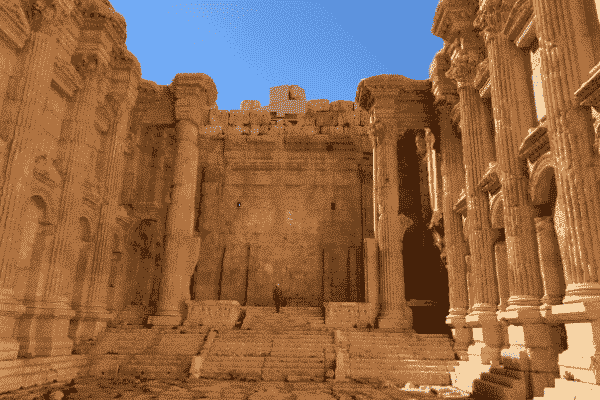
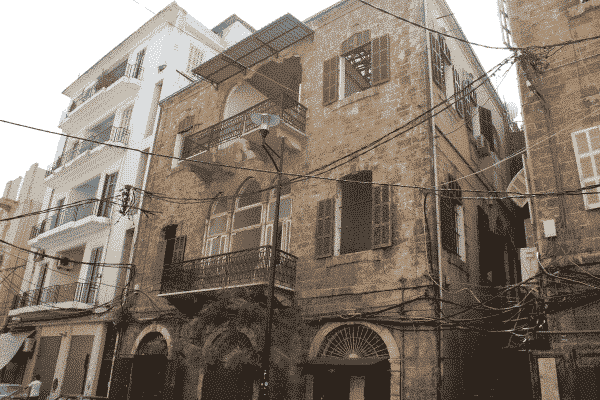
The tasks of the new Parliament
It can therefore be said that the numerous lists that have been presented are a mirror of the political fragmentation that reigns in the country. However, we must also consider that the threshold for allowing a list to enter Parliament is very high: 10%.
One of the first tasks of the new 128 members of Parliament will be the election of the President of the Republic. However, the most important mission of the politicians who will win these elections is to regain the trust of the people, tired of decades of corruption and the tremendous management of national resources.
Regaining esteem in the government is not at all easy, especially following the devastating explosion at the port, the most non-nuclear explosion in history, which to date is still without responsibility.
Not only is it hoped, but these elections are expected to lead to a democratic and decisive turning point in the Land of the Cedars, which desperately needs it.
The answer of Pro Terra Sancta
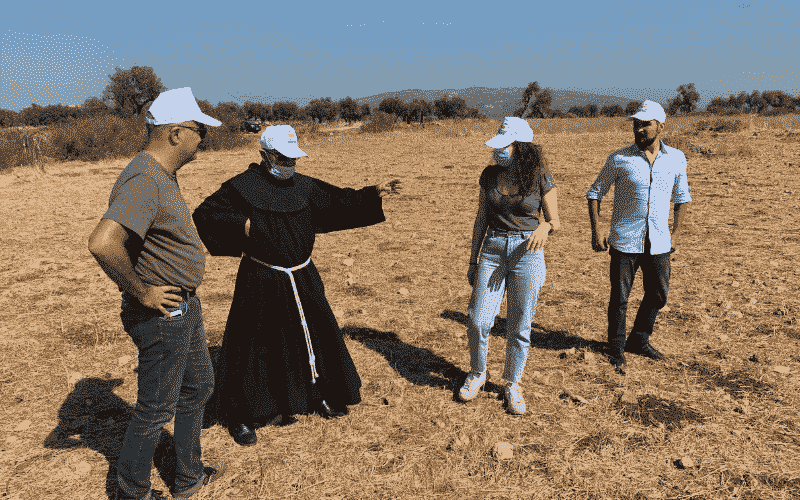
In this terrible political, economic and health crisis that has brought Lebanon to its knees, the numerous and generous donations are transformed into aid to the most needy and, unfortunately, increasingly numerous families. Father Firas, parish priest of Beirut and minister of the São Paulo Region, recounts in an interview the immense value of these acts of charity.
In 2020, the dramatic situation in Lebanon, and Beirut in particular, became evident in the very strong images that came from the port of the city, erased in an instant by a violent explosion. The capital, Beirut, has been the epicenter of bloody riots for at least ten years. In the capital Pro Terra Sancta brings concrete support through numerous projects. For example, since 2017 we have been helping the Franciscan friars in the maintenance of the Casa San Francesco d'Assisi, where they are guaranteed conditions of integration and training for a dozen very young people Syrian refugees. In the poor area of Harissa, the collaborators of the Association operate regular distribution of food, clothing, medicine and school supplies to dozens of destitute Iraqi, Syrian and Lebanese families.
Also fundamental is the Emergency Center that assisted 250 families in the distribution of basic necessities. The spread of the pandemic and the destruction of homes near the port have added more suffering to the Lebanese people.
Projects divided by area
In addition, in the capital of Lebanon, for two years we have been supporting the costs for the reconstruction of the houses affected by the explosion.
In 2021, with regard to the field of Conservation and Development, 220 people benefited from the Convent of St. Joseph in Beirut; another 95 of the Convent of St. Anthony in Harissa.
Great importance was given to Education and Assistance, a reality very present in the Land of the Cedars. In the capital PTS provided and support at the Franciscan Care Center for 222 young people. There are also numerous activities proposed in Tripoli: the San Francesco Sports Center; Psychological assistance to families; Scholarships; Adonis school support; Menjez School; Gbaleh School. All these activities are helping 956 beneficiaries.
In Harissa, 50 university students are continuing their studies thanks to the provision of scholarships.
As for emergencies in the Middle East, an emergency center has been active in Beirut for several years, which, in 2021, benefited 10,230 people, 7,180 in Tripoli and 400 in Tiro Deirmimas.
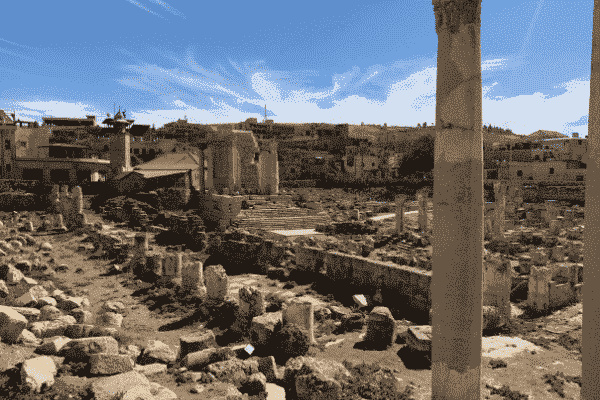
The soaring price of medicines has prevented a large part of the population from buying medicines, even for a simple sore throat. Pro Terra Sancta responded to this need by opening a medical dispensary in Tripoli, which helped 250 people.
All this information can be read in the pdf of the 2021 Social Report.


















